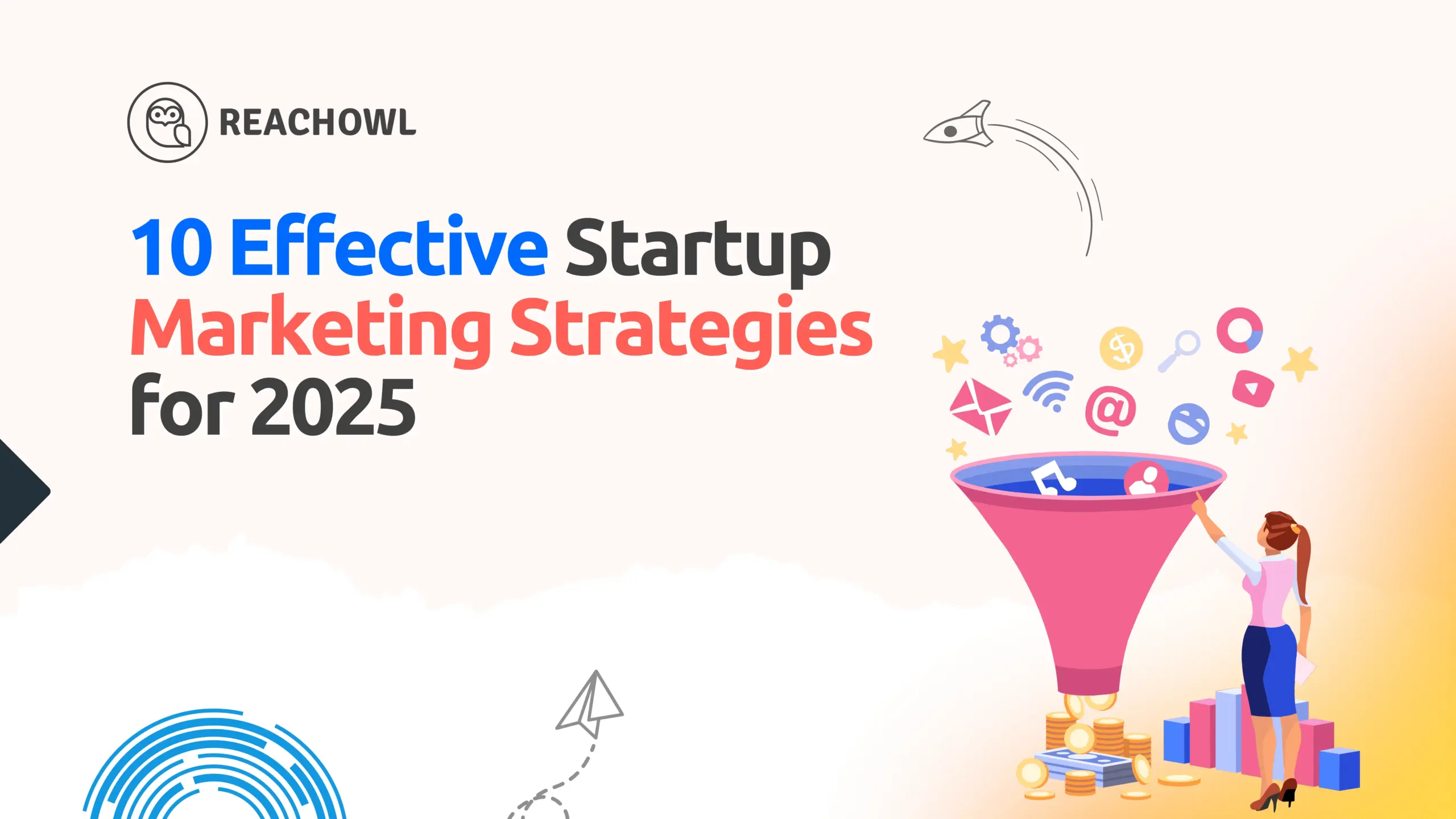You launch your product, share it on social media, and maybe even spend a few hundred dollars on ads. Then you wait. A few signups trickle in. Then nothing.
No clicks. No traction. Just silence.
Most startup founders don’t talk about it publicly, but it’s common. You spend months building your services or software, then realize you have no real plan to get it to people. You Google startup marketing strategies, find hundreds of articles, most of them vague or meant for companies with full teams and six-figure budgets.
Meanwhile, you’re refreshing your analytics, hoping something takes off.
Marketing as a startup isn’t just hard—it’s confusing. There’s no clear path. The platforms change constantly. What worked last year doesn’t land today. Everyone’s selling a playbook, but none of it seems to fit your stage.
This guide is built for that exact moment. It covers 10 practical startup marketing strategies that are working in 2025. These are approaches being used by lean teams to get real attention and real users without wasting time or budget.
If you’ve launched, stalled, or don’t know where to start, this is for you.
10 Proven Startup Marketing Strategies for 2025
Here are 10 practical strategies that startups are using right now to grow in 2025. Each one is selected to help you grow your startup with a limited budget and small team.
1. Build a Referral Program to Drive Organic Growth
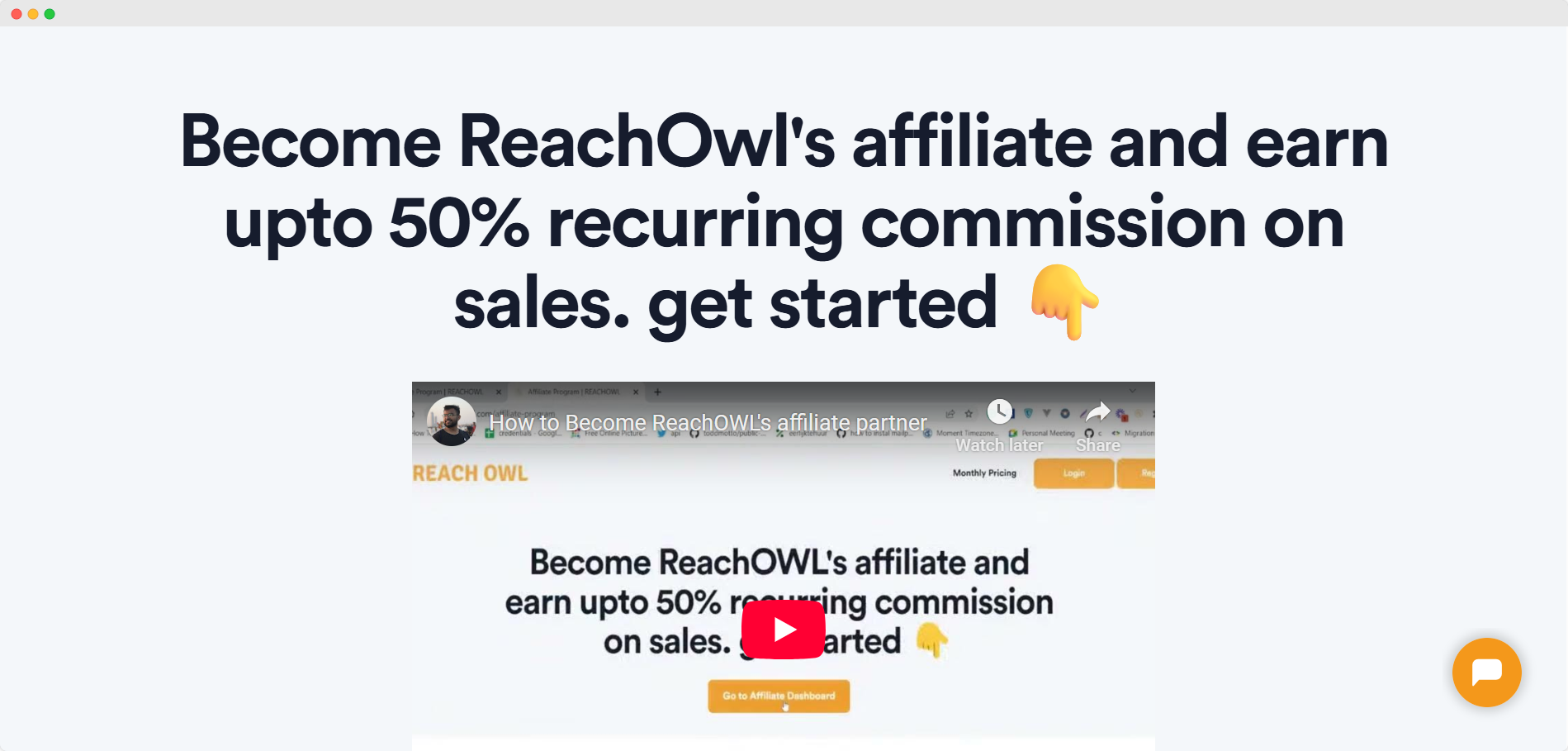
Most startups don’t have a marketing budget. At best, they have time, and not much of it. Instead of running ads or trying to outdo competitors on social media, one of the most effective things you can do early is turn your existing users into a distribution channel.
That doesn’t mean asking people to “tell their friends.” It means setting up a simple referral or affiliate program where people already using your product can bring in others and receive something small in return. It could be credit, a discount, early access, or anything that feels useful.
Dropbox achieved this by offering users extra storage if they referred friends; this small step helped grow their customer base from around 100,000 to over 4 million in just 15 months.
You don’t need that scale, but the principle is the same. Let people know: if this has been useful for you, and you think someone else could benefit, here’s a way to share it—and here’s what you’ll both get. Don’t overthink the rewards. Focus on making it easy to refer, and make sure they know it exists.
Tools like ReferralCandy or Yotpo can help automate the process. But even a manual system with a basic link can work when you’re starting.
This isn’t a silver bullet. It’s one of the few startup marketing strategies that costs nothing if no one shares, but can bring steady growth when they do.
2. Use Facebook Marketing to Reach Target Audiences Cost-Effectively
Running ads on Facebook can feel like throwing money into a slot machine when you’re in the early stages. Some startups get lucky and see results. Most don’t. If you’re working with limited funds, it’s better to utilize Facebook for what it’s actually good at—finding the right people and initiating conversations.
This isn’t about spamming groups or sending cold messages to everyone who likes a competitor’s page. Join groups where your ideal users hang out. Watch the kinds of questions they’re asking. When someone brings up a problem your product solves, step in and offer help. Not a sales pitch—help.
But there’s a limit to how much of this you can do manually. Finding people, sending messages, remembering to follow up, it eats up your day. That’s where ReachOwl fits in. It lets you queue up outreach on Facebook and Instagram, so you’re not stuck copying and pasting the same intro over and over. You can set up a sequence: send an initial message, then a follow-up a few days later if there’s no reply. It even tracks who clicked or responded, so you know who to prioritize.
Some founders pair this with small retargeting campaigns. You run a basic ad, just enough to get people to your site, and ReachOwl helps you follow up with the ones who engaged but didn’t sign up. That mix of light paid traffic and personal outreach can work better than dumping all your cash into ads upfront.
For a team of one or two, the goal isn’t scale—it’s consistency. Facebook marketing only works if you’re showing up every day.
3. Adopt AI Marketing Tools to Automate and Scale Campaigns

When you’re doing everything yourself, there’s a ceiling on how much you can grow, writing emails one by one. Keeping a spreadsheet of people you’ve reached out to and remembering to follow up with them. It works for ten leads. It doesn’t work when you need to talk to 50 or 100.
This is where AI tools can save you, not by taking over, but by handling the parts that don’t need your brain.
Take outreach. On Facebook or LinkedIn, you can spend hours every week sending connection requests, typing out intros, and chasing replies. Alternatively, you can use a tool like ReachOwl. With which you can automate friend requests, messages, and keep a tab on whom you have reached.
For content, tools like Jasper and Copy.ai can help you draft posts faster. SurferSEO is useful for figuring out what people are searching for before you write. Even Grammarly’s AI helps clean up your writing. None of these tools replaces strategy, but they cut down the grunt work.
Even paid ads have shifted. Facebook’s Advantage+ campaigns and Google’s Performance Max use machine learning to test audiences and creatives automatically. For a small team, this means you can start small without needing a media buying expert.
And it’s worth noting: startups using marketing automation see results. One survey found 80% of businesses that automated their lead generation processes reported a significant increase in conversion rates..
When it comes to startup marketing strategies, automation isn’t about scaling overnight. It’s about staying consistent when your team is small and your time is spread thin.
4. Automate Outreach Campaigns Without Losing Personalization
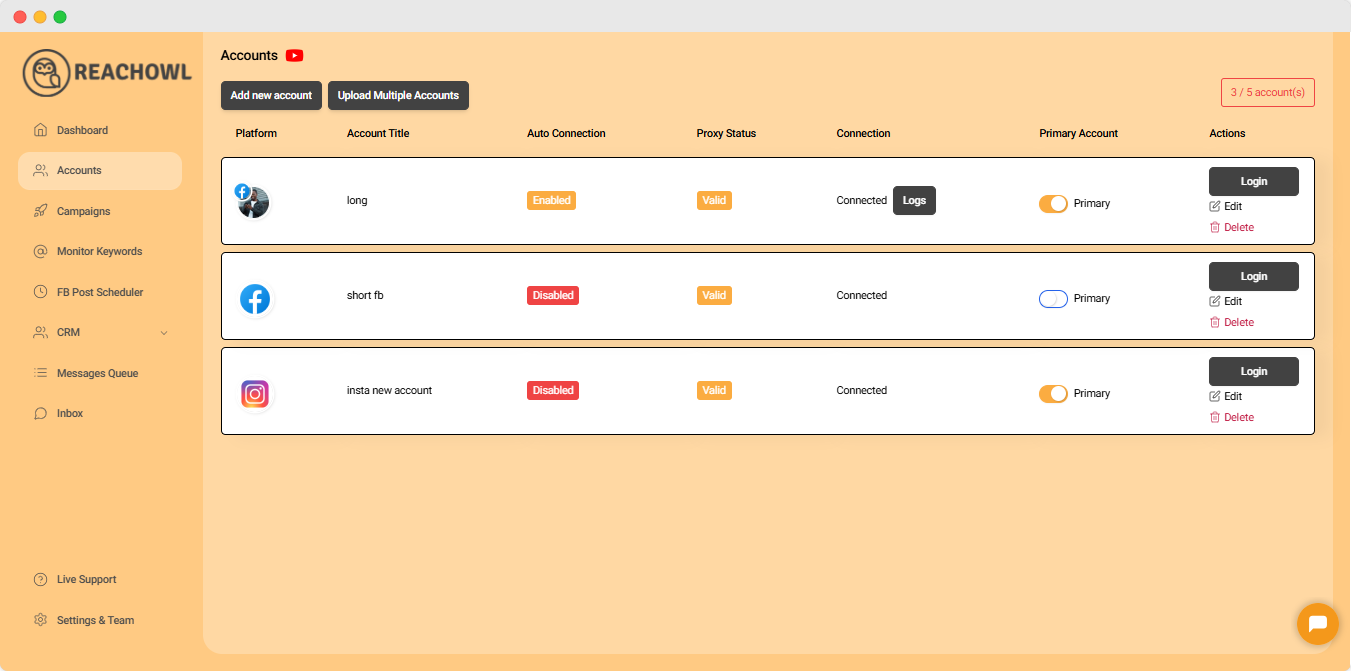
Posting on Facebook and Instagram isn’t the hard part. The hard part is keeping up with the people who react. Someone likes a post. Another person comments with a question. A few others save your Reel. That’s interest. But if nobody follows up, it stops there.
Most small teams don’t follow up, not because they don’t want to, but because they’re busy. You’re building the product, handling support, and shipping orders. Who’s got time to message 20 people a day?
That’s where ReachOwl comes in. It connects to your Facebook and Instagram accounts so you can set up simple follow-up flows. Like: send a thank-you DM to anyone who comments. Wait a few days. If they didn’t reply, send a link to a product page or offer a small discount.
You’re not spamming strangers. You’re talking to people who are already engaged.
One small clothing brand we worked with used this exact flow. Every person who liked their new season launch post got a quick DM saying thanks and offering a 10% code. Almost 15% of them used it. Not viral numbers. But for a team of two? It was enough to keep orders coming in without needing to run ads.
It’s also about timing. It’s also about timing. A recent survey by Toister and SuperOffice shows 88% of leads expect a response within 60 minutes, and 30% prefer it in less than 15 minutes. That kind of speed is nearly impossible to manage manually. ReachOwl helps by handling those follow-ups automatically so no lead slips through the cracks.
You don’t need big numbers to make this work. Start with 5-10 follow-ups a day. The key is showing up consistently. That’s how interest turns into customers.
5. Invest in SEO for Long-Term Customer Acquisition
When you’re running a startup, SEO always feels like something you’ll “do later.” It’s not urgent, it’s not fast, and it’s not easy to measure. But if you ignore it for too long, you end up stuck. Paying for traffic and running ads just to stay visible.
What SEO does, especially for early-stage startups, is let you build compounding visibility. Not today. But 30, 60, 90 days from now, you start seeing people come in through search without you doing anything new that day. That’s leverage.
The mistake most founders make is thinking SEO = blog posts. It’s not. It’s search intent. You need to figure out what your ideal users are typing into Google when they’re looking for a solution like yours, before they even know you exist. And if you’re running a local business, don’t ignore local SEO tools. They can help you show up for people searching in your area, which is often where your first customers come from.
Start small. You don’t need to rank for “best lead generation tools.” That’s a waste of time. Instead, go after the stuff people search when they’re halfway to needing your product. For example, if you’re building a CRM, target queries like:
- How to follow up with leads on Instagram
- best way to keep track of sales messages
- automated DM follow-ups for small teams
These are things people Google when they’re actively in the problem, and they’re way easier to rank for.
Use tools like Ahrefs or Ubersuggest to find variations. Look at “People Also Ask” questions. Keep a spreadsheet of what you find. Then write pages, like product pages, landing pages, even help articles, that answer them directly.
You don’t need a 2,000-word blog for every topic. Some answers should be two paragraphs. Some should be short checklists. The goal isn’t to hit a word count—it’s to match the search.
This is one of the startup marketing strategies that takes the most time to pay off. But once it starts working, it doesn’t stop, unless you ignore it.
6. Leverage Short-Form Video Content to Increase Engagement
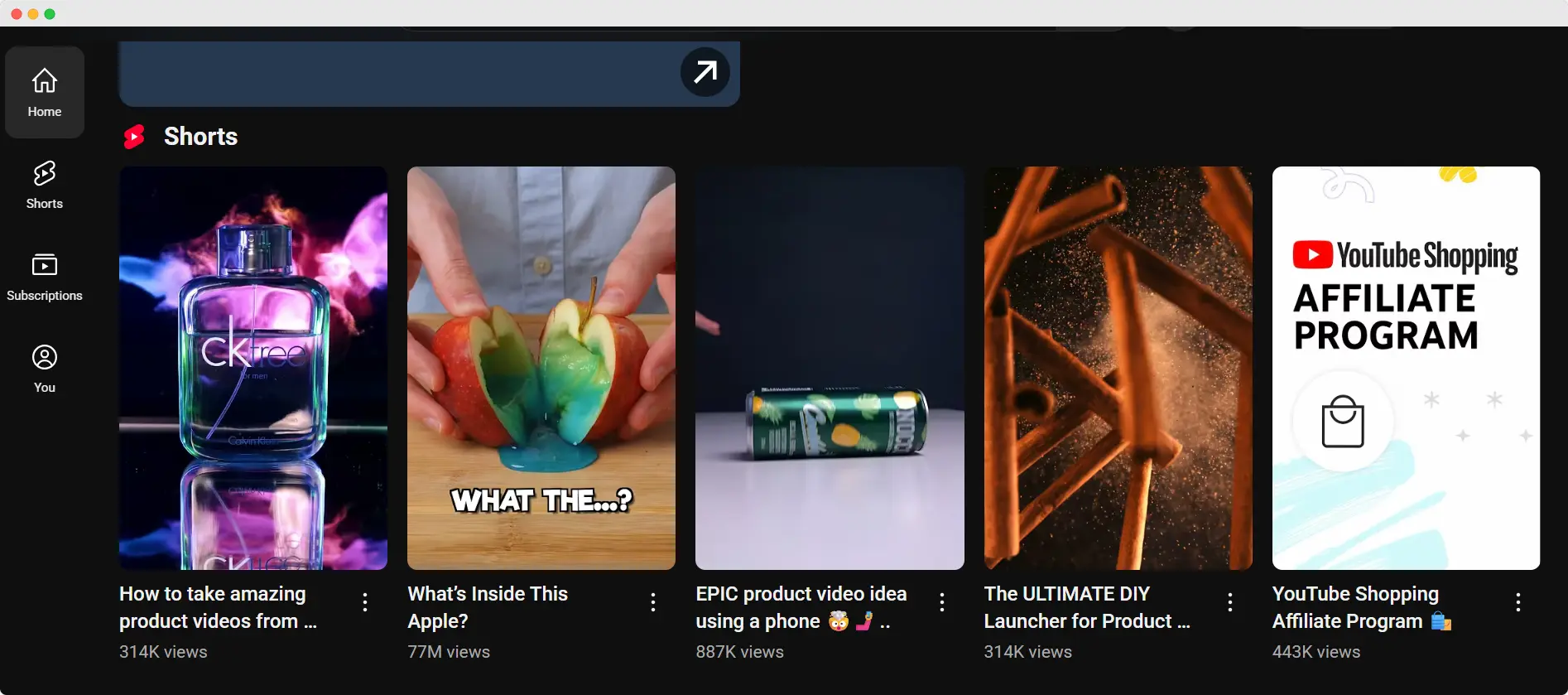
If you’ve been on Youtube, Instagram or Facebook lately, you’ve already seen it. Reels. Stories. Short videos everywhere. It’s not just big brands either. Small businesses and startups are leaning into video because it’s what people stop and watch.
The numbers back it up. Data from Wyzowl’s 2025 report shows 91% of consumers want to see more online video content from brands they support. And short videos—under 60 seconds—perform better in terms of engagement and shares.
For startups working on limited budgets, this is one of the startup marketing strategies that levels the playing field. You don’t need fancy equipment, a social media marketing agency, or a production studio to make it work. A quick product demo shot on your phone. A behind-the-scenes look at how you package orders. A founder talking about why they started the business. These work because they’re relatable.
Facebook and Instagram are both currently promoting short videos. The algorithm favors Reels over static posts, which means even accounts with few followers can get reach if the content connects.
One simple workflow for small teams: batch record 5–7 short clips in one afternoon. Post them over the week. Then use ReachOwl to follow up with people who engage—commenters, people who shared your Reel, or even those who liked multiple posts. A friendly DM saying thanks for engaging or offering a link to your product can start conversations that ads alone can’t.
Don’t overthink production. Focus on clarity and consistency. Short videos are about attention, not perfection.
7. Offer Free Trials or Freemium Models to Attract Early Users
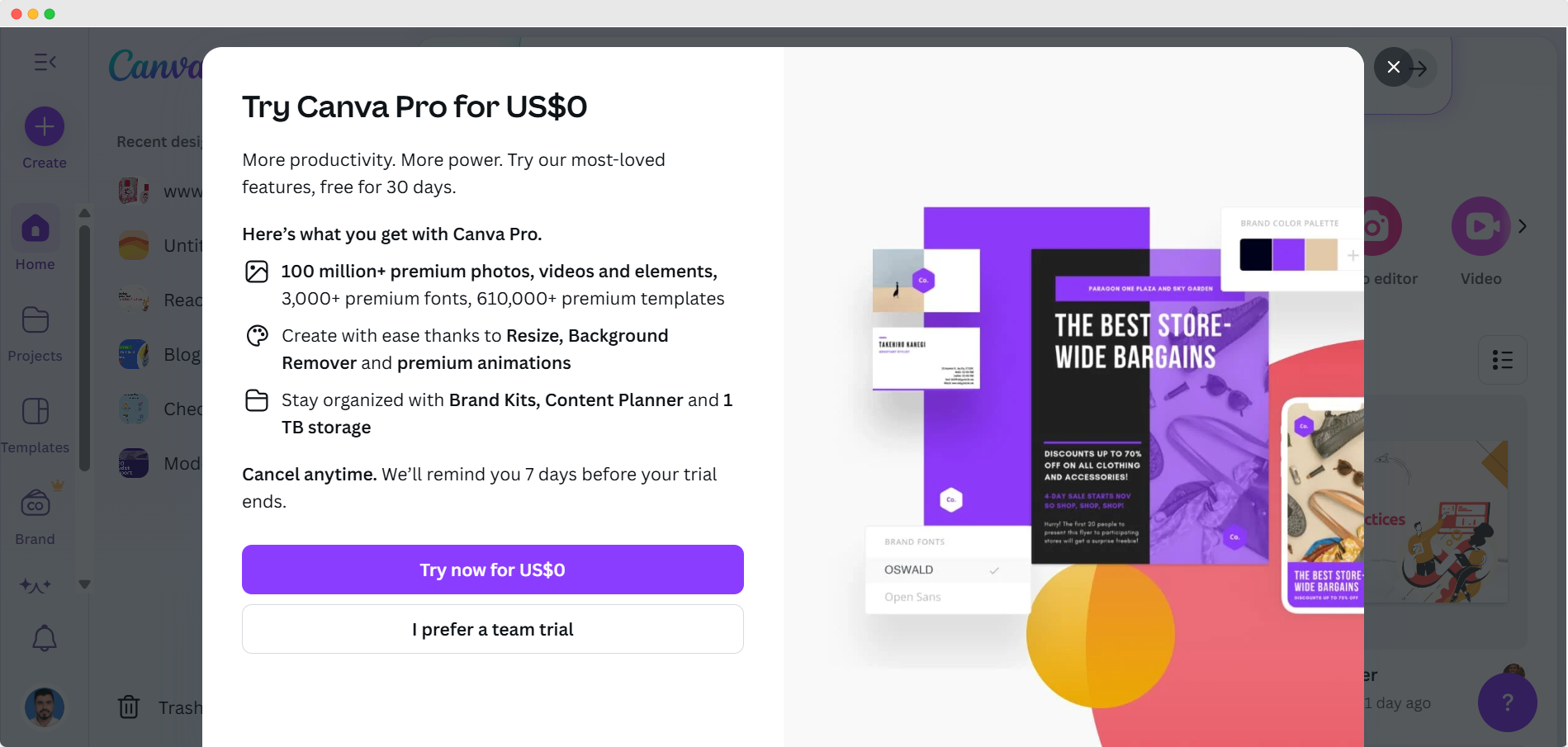
When you’re a new brand, convincing people to pay upfront is tough. They don’t know you. They don’t yet trust your product. One way around this is to let them experience it before asking for anything.
Free trials and freemium models aren’t new, but they still work because they lower the barrier. If someone can use your product without risk, they’re more likely to give it a chance. This is especially true for software and subscription services.
Take Canva, for example. Their freemium model is why so many users stick around. Most people start with the free version. Over time, as their needs grow, they upgrade. The key isn’t just giving things away—it’s designing the free experience so that it delivers value while still leaving room for the paid tier to feel worthwhile.
For physical products, this can look different. A coffee startup might give away sample packs. A skincare brand could offer trial sizes for the cost of shipping only. The idea is the same: let people try it with minimal friction.
This also ties into other startup marketing strategies. If you’re running Facebook or Instagram outreach with ReachOwl, offering a free trial or sample in your DMs gives people a reason to engage. You’re not just pitching—you’re giving them a way to test your product without commitment.
Free doesn’t mean cheap. The goal is to build trust and get your product in the hands of people who can talk about it, share it, and eventually buy it.
8. Participate in Trade Shows and Virtual Events to Build Relationships
Most early-stage founders overlook trade shows. They seem old-school, expensive, and hard to justify when your team is small. But done right, these events can put you in front of people you’d never reach online.
You don’t need a big booth or flashy banners. Start with niche events where your target audience congregates. A small software company might look at local tech meetups or industry-specific expos. A DTC brand could join a community market or product fair.
The point isn’t to “market” in the traditional sense—it’s to talk to real people. You’ll hear their questions, see what catches their attention, and get instant feedback. These conversations often lead to early customers or, at the very least, warm leads that you can follow up with later.
For virtual events, the same rule applies. Pick the ones where your users or partners are likely to show up. Join panel discussions. Offer a quick demo during a webinar. Be visible without overextending yourself.
You’ll probably leave the event with a list of people’s names, emails, and possibly a few social media profiles. The usual way is to dump them into a spreadsheet and tell yourself you’ll get to it later. But later, it rarely happens.
Instead, send a quick follow-up while the conversation’s still fresh. Nothing complex. A simple “Hey, great meeting you at [Event Name]. Let me know if you’d like me to send over more details” works.
If it’s more than a handful of people, doing it manually gets tedious fast. This is where ReachOwl helps. You can line up those follow-ups on Facebook and Instagram so they go out automatically. It doesn’t change the message—it just saves you from spending hours copying and pasting.
As far as startup marketing strategies go, this is one of the few that gives you direct, human feedback while also opening the door for automated follow-ups later.
9. Develop an Effective Email Marketing Strategy
Email isn’t dead. For most startups, it’s still one of the few channels they control completely. No algorithms decide who sees your content. No ad spend required to stay visible. It’s direct and personal in a way social platforms rarely are.
The mistake many founders make is waiting too long to start. You don’t need a polished newsletter or a complicated funnel. Begin small. Add a signup form to your site. Collect emails from buyers, curious visitors, or even people downloading a free resource. Send them something helpful—a short product update, a quick story from your journey, or tips related to your niche.
Timing matters. A welcome email sent within 24 hours of signup performs far better than one sent later. Campaign Monitor reports that welcome emails have a four times higher open rate than regular campaigns. That first touchpoint is your best chance to make a connection.
When people discuss startup marketing strategies, email is rarely mentioned first. But it’s one of the most reliable channels for building trust over time. Tools like Mailchimp, ConvertKit, or Brevo can help when your list grows. They make it easy to schedule emails, organize contacts into segments, and send follow-ups—without adding hours of manual work to your week.
10. Build a Community to Support Brand Loyalty
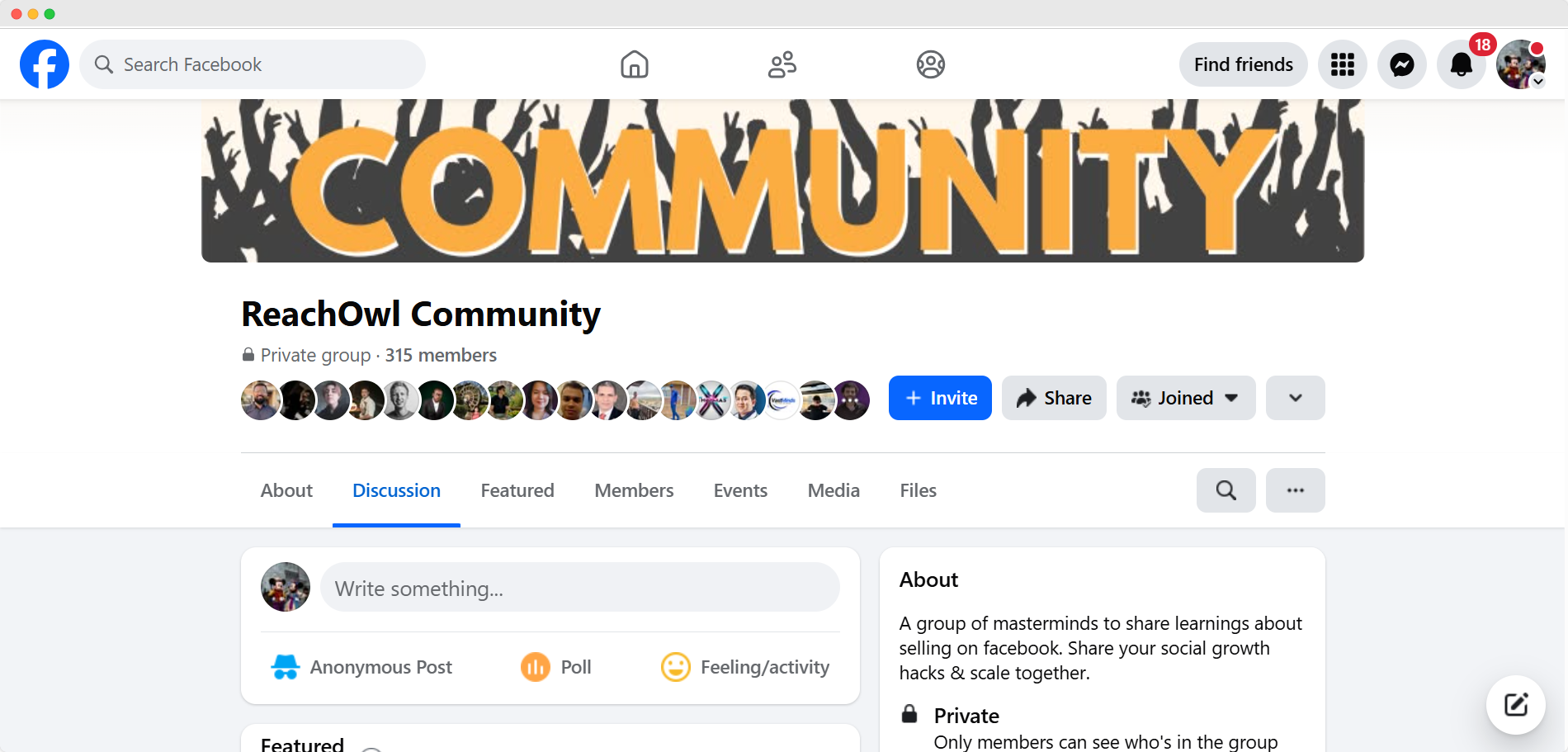
People don’t stick around for products alone. They stick around because they feel like they’re part of something. That’s why building a community around your startup isn’t just a “nice to have.” It’s one of the most underrated ways to create loyal customers.
This doesn’t mean you need to launch a massive forum or Slack channel on day one. Start small. It could be a private Facebook Group where users share tips or ask questions. It could be a series of Instagram Stories where you feature customer photos and let people vote on future product ideas. Even regular check-ins with your early users—asking for feedback and using it—can feel like the start of a community.
Notion is a good example. Their user base grew partly because of all the groups and forums where people shared templates, workflows, and tips. None of it felt like growth marketing. It felt like people helping people. That’s the goal.
For startups working on limited budgets, this type of engagement becomes part of your larger marketing strategy. While ads and outreach bring people in, the community keeps them coming back. It also gives you a steady stream of user-generated content, reviews, and word-of-mouth referrals.
Tools like Facebook Groups or even Discord can help manage this as you grow. But in the beginning, it’s more about showing up consistently than setting up the perfect platform.
What is the 555 Rule in Marketing?
The 555 Rule is simple. Follow up three times: first, about 5 minutes after someone shows interest; again, roughly 5 hours later if you don’t hear back; and one more time after 5 days. You’re not spamming people—it’s just about staying in front of them while they still remember you.
It’s fine to do this by hand if you’ve only got a few leads. But once you’re juggling dozens of conversations, it falls apart fast. That’s why automated outreach makes sense. Set up the sequence once, and let it send on its own. You’re still in control of the message, but you’re not wasting hours chasing replies.
For most startups trying out different marketing strategies, even a basic system like this keeps warm leads from slipping through the cracks.
Conclusion
Most startups don’t fail because of bad products. They fail because not enough people know they exist. That’s why marketing isn’t something you can “figure out later.”
The good news? You don’t need a massive budget or a full-time marketing team. Start small. Pick one or two of these startup marketing strategies and test them. Watch what works. Drop what doesn’t. Keep showing up.
Marketing isn’t about doing everything. It’s about doing a few things well enough that people start talking about you.

